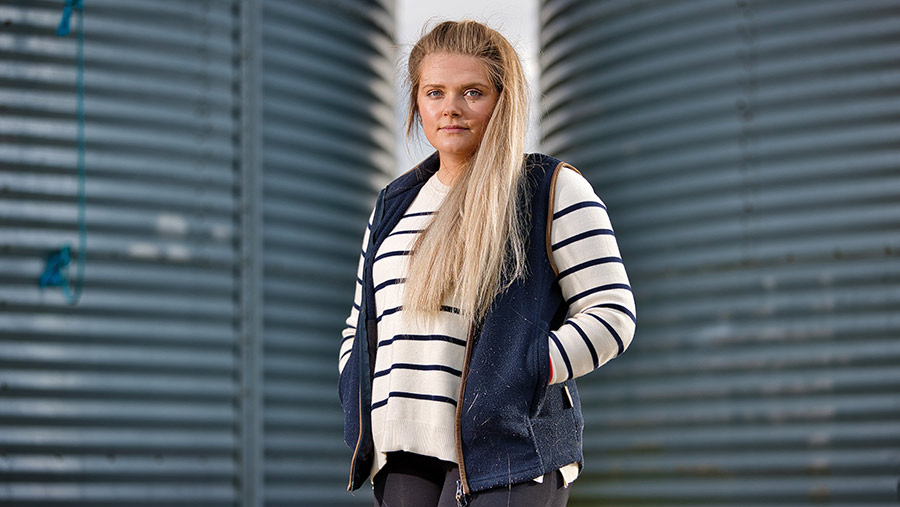Lucy Nott: Dutch farm buyout sets wrong precedent
 Lucy Nott © Richard Stanton
Lucy Nott © Richard Stanton No farmers, no food. A simple concept, but one that many governments across the world are still struggling to understand.
The news that the EU Commission has approved the Dutch government’s farm buyout scheme is a sobering moment and sets the wrong precedent to other countries that are considering ways to reduce their emissions.
See also: Lucy Nott – consumer trust will be hard to regain
As part of the Hague’s strategy for halving nitrogen emissions by 2030, the Netherlands is introducing a £1.3 bn plan to purchase high-polluting farms at 120% of their market value.
The scheme dictates that farms must close their businesses and cannot restart elsewhere in the country or within the EU.
There are 3,000 farms on the government’s hit list.
It is frustrating that large industrial polluters are not being targeted with the same strict measures and that livestock farming is being vilified once again.
We have to face the fact that nitrate pollution is a huge issue, but forcing the closure of farms does not solve the overall problem, it merely moves it.
Targets are pointless if they result in sticking-plaster policies rather than incentivise the development of more sustainable farming practices.
With the world population expected to increase by 2 billion in the next 30 years, now is the time to think about how we can protect and enhance our environment while continuing to feed our nations.
Taking farmland out of production will not fix the situation.
The food still needs to be produced and the gap in production is likely to be filled by countries with less strict agricultural policies.
It is still important to consider the potential repercussions elsewhere.
Aside from politics, it is never nice to see fellow farmers’ livelihoods put at risk by government policies.
As one of the globe’s largest food producers, it would be refreshing to see the Netherlands take a lead on research into farming practices that reduce nitrate pollution, rather than choosing quick-fix hard-line policies.
It is also ironic that the Dutch government’s justification for the farm buyout scheme is that it wants to reduce the country’s nitrogen pollution before it can build new housing.
Housing for its growing population, who, I presume, will need feeding…


